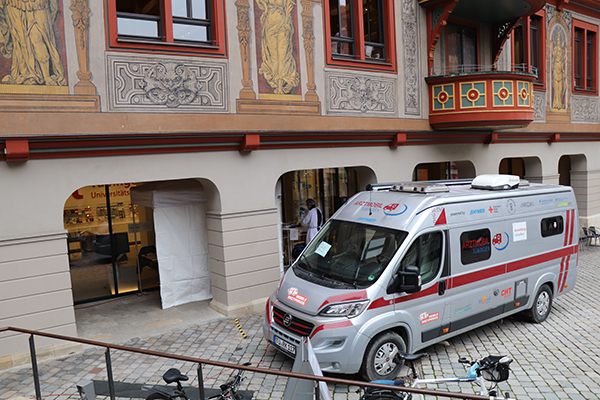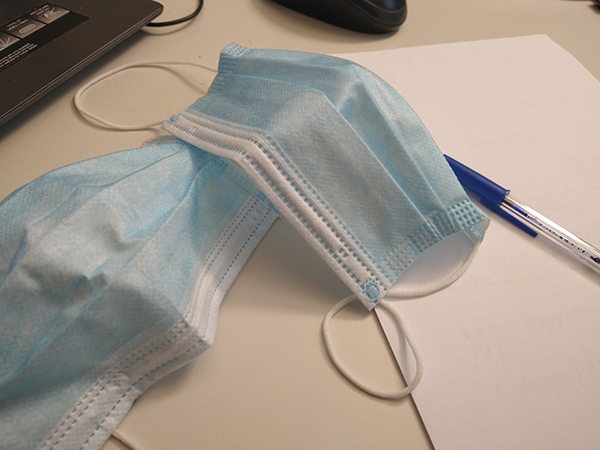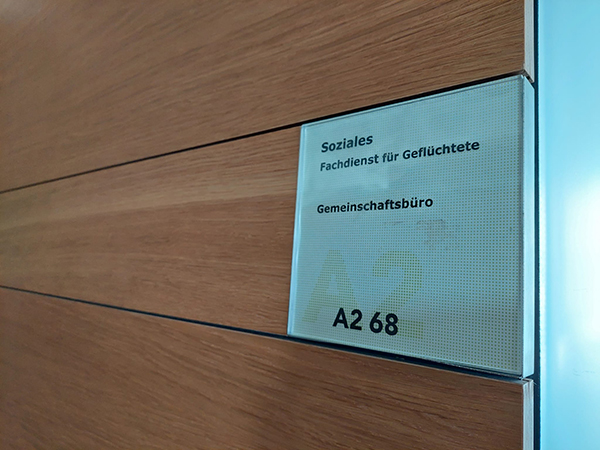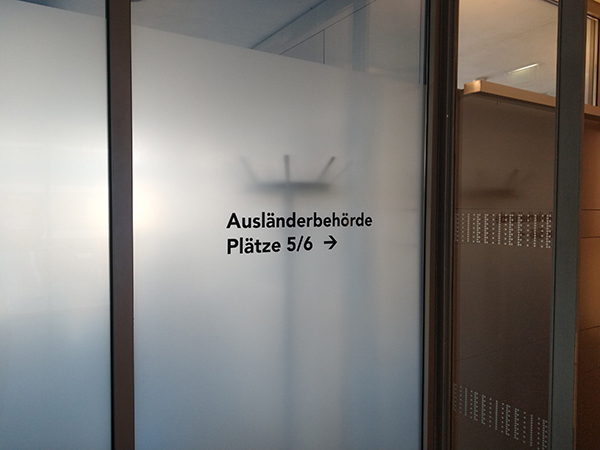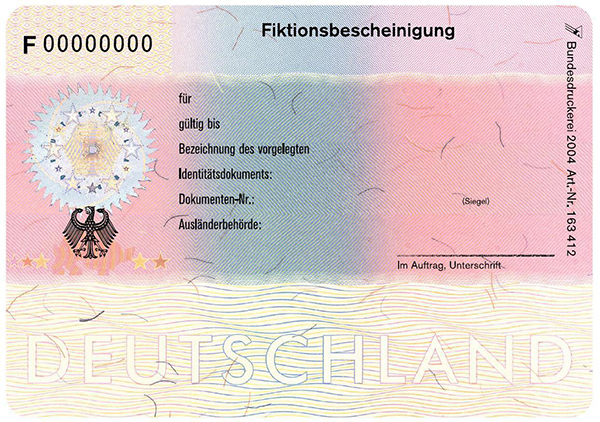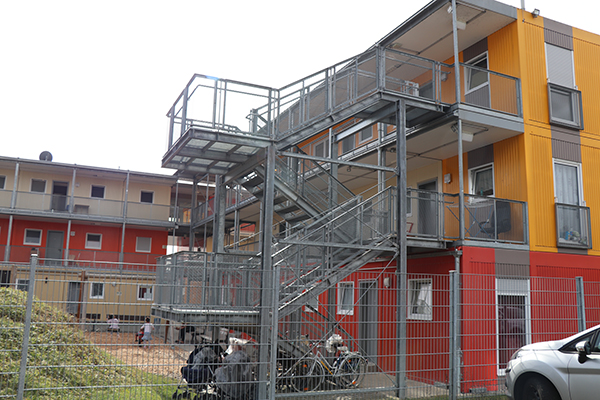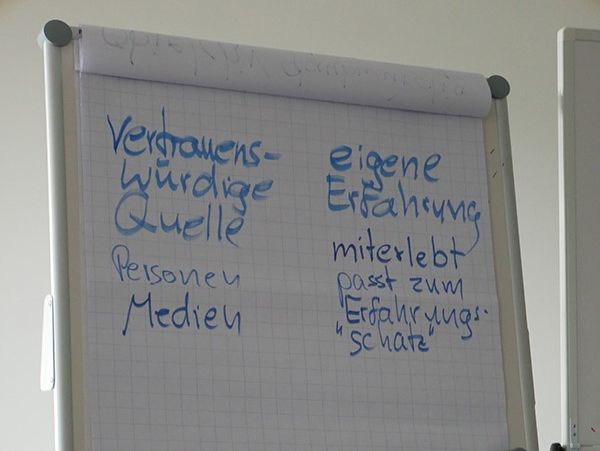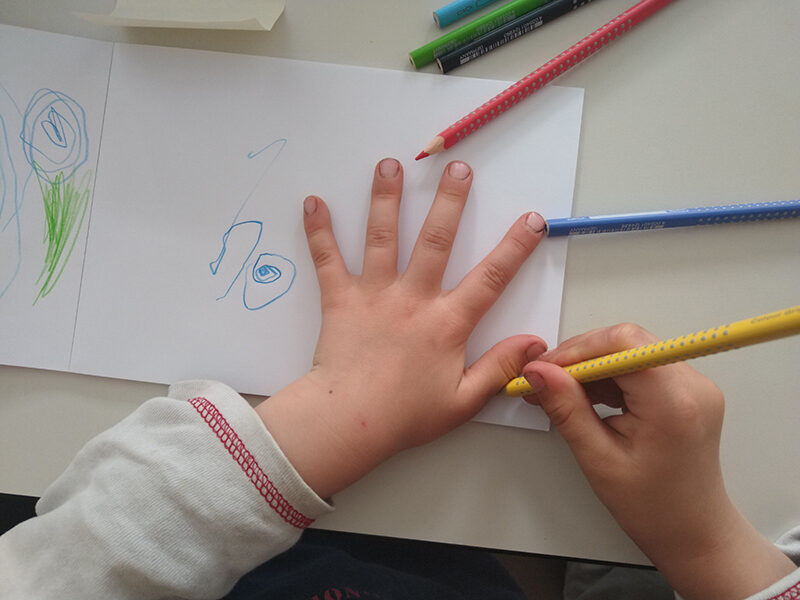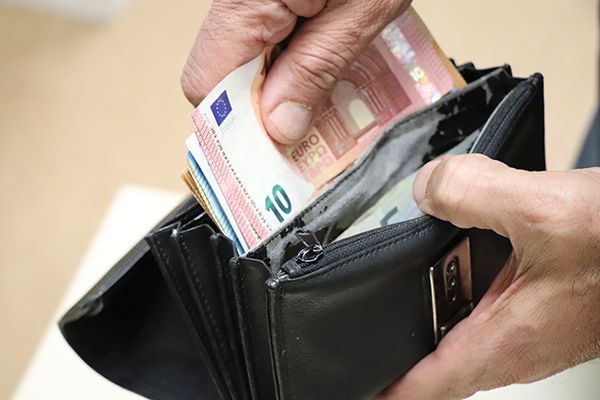According to the German Health Minister, Karl Lauterbach, there will be no more free Covid tests as of July. Starting from Thursday, June 30, three euros must be paid for every lateral flow test (LFT). Free Covid tests will continue to be offered only to children under five years of age and to those in risk groups. Several groups are classified under risk groups, such as pregnant women, visitors to clinics and nursing homes, relatives of infected persons, residents of facilities for people with disabilities, and people who cannot be vaccinated. The free tests have so far cost the state… Read More
Category: 982 – UK .EN
Wearing Masks in Public Transport and Clinics until 25 July
There has been a significant increase in Corona infections this summer as compared to last year. Therefore, the local government has extended the regulations to control the spread of the virus until 25 July. In the meantime, masks should continue to be worn on public transportation and in doctors’ surgeries. The Health Minister, Manfred Lucha, states: “The Corona pandemic is not over yet.” Therefore, Lucha asks all people in Baden-Württemberg to act responsibly and follow the quarantine rules. Those who test positive for the Coronavirus must immediately continue to apply self-isolation rules. The isolation ends after five days at the… Read More
Counseling that makes you independent
Around 400 refugees from the district of Tübingen have become independent of the district’s social services, according to Martin Quack, one of the heads of the specialized service for refugees at the Tübingen District Office. Most of these refugees succeeded in finding a job that has made them independent of social benefits. Also, they speak good German and have their flats. Others have moved away because they have found a job elsewhere. As a rule, the social support ends when the refugees have received a residence permit and therefore are allowed to stay permanently in Germany, or When eight months… Read More
Most refugees in 2021 came from Syria
As many refugees as in 2015 and 2016 are now no longer arriving in Germany. Nevertheless, according to the Federal Office for Migration and Refugees, 190,816 people applied for asylum in 2021—the year before the Ukraine war—56.2 percent more than in 2020, despite the Corona pandemic. Exactly 148,233 people submitted an initial application in 2021. Most of them came from Syria (37.0 per cent), followed by Afghanistan (15.7 per cent) and Iraq (10.5 per cent). Only 1.8 per cent of initial applications in 2021 came from refugees from Iran, 1.7 per cent from people from Nigeria. Since 1990, 5.3 million… Read More
Fictitious certificate – who needs it and how to get it
Anyone who applies for a residence permit or settlement permit in Germany receives a temporary residence title, the fictitious certificate, from the Foreigners’ Registration Office. This is valid until the authority has made a decision on the application. The fictitious certificate is an official document to prove the provisional right of residence. It gives the person immediate entitlement to all benefits linked to a residence title, such as social benefits or the opening of a basic checking account. It also allows the person to leave and re-enter Germany. A fictitious certificate is currently also often required by refugees whose residence… Read More
More than 100 million refugees worldwide
“It is a record that should never have been reached”: this is how Filippo Grandi of the United Nations Refugee Agency (UNHCR) in Geneva comments on the current situation. More than 100 million people are fleeing violence and war worldwide, according to new UNHCR figures. Conflicts in countries such as Ethiopia, Burkina Faso, Myanmar, Nigeria, Afghanistan, the Democratic Republic of Congo and Ukraine are causing numbers to rise. More than 100 million refugees represent more than one percent of the world’s population. The figure includes refugees and asylum seekers, but also the approximately 53.2 million people who have been displaced… Read More
Disinformation about racism towards refugees
By Wolfgang Sannwald The Ukraine war is also an information war. Currently, statements about journalists and politicians in Europe are circulating in social media. They would allegedly say publicly that blue-eyed and blond war victims from Ukraine are much closer to them emotionally than, for example, those from the Arabic or Persian-speaking regions. This is linked to accusations of racism. The “Deutsche Zentrum für Integrations- und Migrationsforschung” (German Centre for Integration and Migration Research) (DeZIM) investigates developments and trends regarding racism in Germany. It published survey results in its “Nationaler Diskriminierungs- und Rassismusmonitor” (National Discrimination and Racism Monitor) (NaDiRa) on… Read More
Child bonus: 100 euros for every child starting from July 2022
The Federal Government has passed a second relief package for all people in Germany. From 1st July 2022, families will receive a one-off child bonus of 100 euros for every child with the payment of child benefit. The child bonus intended to alleviate the increased financial burden on families. It is paid out automatically by the competent Family Benefits Offices (The Familienkasse) with the child benefit and usually does not require an application. This allowance is not counted as income in social benefits but is in addition to the benefits. The one-off bonus is also counted towards the child allowance… Read More
Minimum Wage will be Increased Incrementally
Official employees on statutory minimum wage will earn extra money this year. In other words, the official minimum wage in Germany will be increased. This rule has been decided by the Bundestag. In July, the minimum wage will be raised from 9.82 euros to 10.45 euros per hour. On October 1st of 2022, the gross minimum wage will be raised to 12 euros. Currently, around six million people in Germany receive income by way of minimum wage. According to the Federal Minister of Labour and Social Affairs Hubertus Heil (SPD) in the Bundestag, women and employees in the eastern part… Read More
Flat-Rate Energy Allowance for Rising Energy Costs
Employees, the self-employed people, and traders will receive a one-off lump sum of up to 300 euros in 2022 to compensate for rising energy costs. The Bundesrat and Bundestag decided the so-called energy price flat rate (EPP) as part of the second financial relief package for people in Germany. Regular salaried workers receive the amount together with their pay slips via their employer. For the self-employed, the income tax payment will be reduced once. However, the payment of the lump sum will be taxed. Therefore, the amount may vary. Only those who earn less than the basic tax-free average of… Read More

